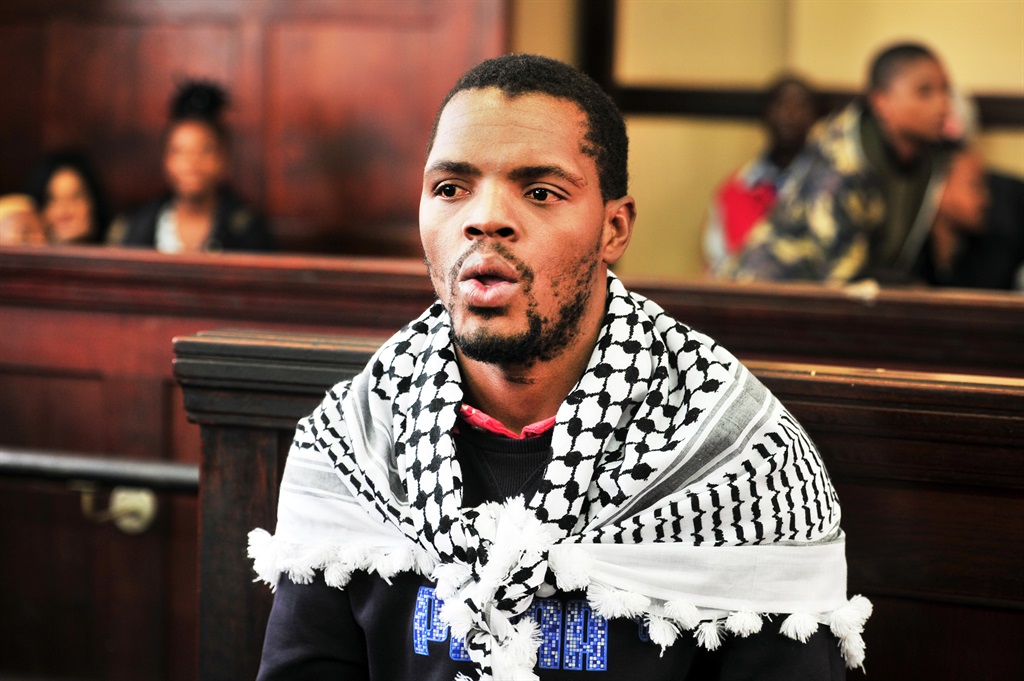
There are no people as musical as black people.
For them, all aspects of their lives are punctuated and accompanied by a soundtrack.
Steve Biko states this when he speaks on culture: when we are sad, we sing; when we are happy, we sing. When we are engaged in struggle, we sing.
Try imagining what #FeesMustFall would have been like without song.
Imagine a wedding or funeral without song. The existence of song in all aspects of our lives bears testimony to the fact that, for black folk, music does something much more important than entertain. There is a more vital role that music plays.
It is this relationship that black people have with song that I want to briefly speak on, especially music that is regarded as “traditional”.
The past couple of years have seen a rise in the popularity of traditional music and sect-based music. This might have begun a long time ago with the popularity of Shwi noMtekhala’s hit song Ngafa.
This was followed by the popularity of Van Damme by Mroza Fakude and this year with Senzo “Ntencane” Zondi. These songs enjoyed popularity even outside of the Zulu community. But this kind of appreciation did not only end with Zulu traditional music, we saw King Monada, Master KG and Matorokisi by Makhadzi.
The popularity of these songs caused controversy, with some arguing that their popularity was a result of tribal support and nothing more.
This thinking is limited because it takes away from the rich value that this music offers. If we listen closely to these songs, we might find that there is much that can be read and learnt from them beyond just focusing on the locales that they emerge from.
There was a time, especially immediately after 1994, when the most played music was kwaito, then there was a shift towards Afro-pop and, most recently, House has been dominating the scene, especially House subgenres gqom and amapiano. But these subgenres have been contesting space with traditional music, and increasingly so.
Why this return to traditional music? Why this gravitating to music from below, music that not so long ago would have been called unrefined, for the uneducated and unsophisticated?
There could be many reasons, but persuasive to me is that the country is disenchanted with that falsity of the “rainbow” and all its condiments. This is to say the people are fed up with living a lie and perhaps there is an authenticity that can be found within traditional music.
But wait, let us also think about this.
The shift that we see happens at a time when the country is really and strongly grappling with questions around identity and concepts of decolonisation. Perhaps traditional music is able to respond even abstractly to some of the anxieties that we face.
As a suspicious nation, justifiable so, perhaps there is a kind of security that we get from traditional music, which we do not find anywhere else. If this is the case, then we see that this music is important and perhaps deserves a certain level of attentive listening. Maybe if we do that we can begin to find responses to some of the questions that have confronted us. Otherwise, if these sounds were not important and didn’t have an audience that found value in them, how would they have survived the margins for such a long time, only to come back stronger?
There are a lot of things happening, but one that is clear is that music has always been able to articulate a peoples’ desires and express clearly where they come from and where they are. Music has always done that; even when we do not have a language to express ourselves, music salvages us.
The rise of traditional music, especially among the middle class that has always been enticed by “high” art, is something to be spoken about. It is not a coincidence and it is something that demands a critical interrogation – a project that I am extremely interested in.
We must stop looking for answers far away; sometimes the music that we sing, hear and make has the potential to help us even more than some of the books being shoved down our throats in lecture rooms.
Dlamini is a former Wits University students’ representative council president and youth activist
 | ||||||||||||||||||||||||||
Get in touchCity Press | ||||||||||||||||||||||||||
| ||||||||||||||||||||||||||
| Rise above the clutter | Choose your news | City Press in your inbox | ||||||||||||||||||||||||||
| City Press is an agenda-setting South African news brand that publishes across platforms. Its flagship print edition is distributed on a Sunday. |




 Publications
Publications
 Partners
Partners








